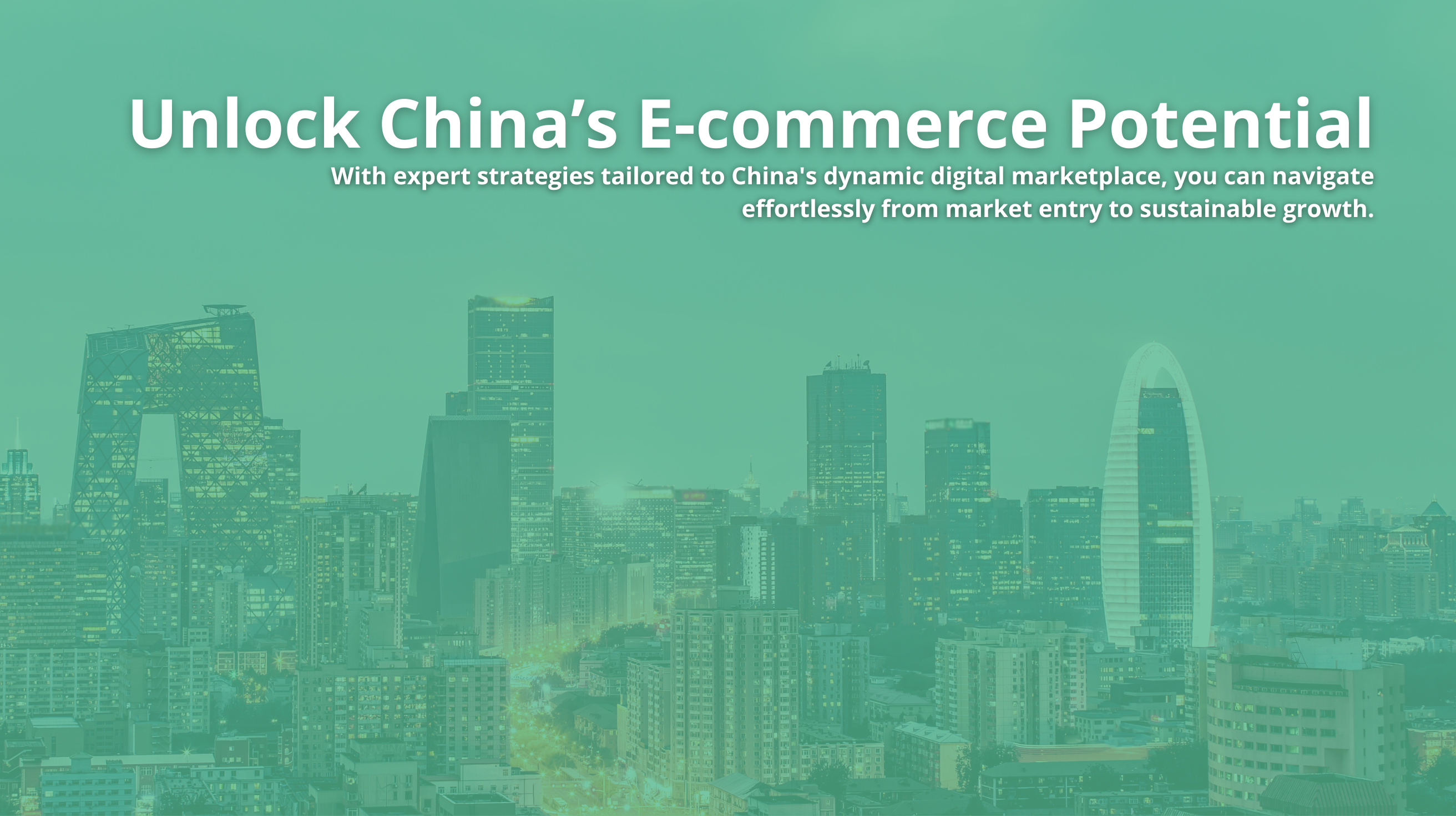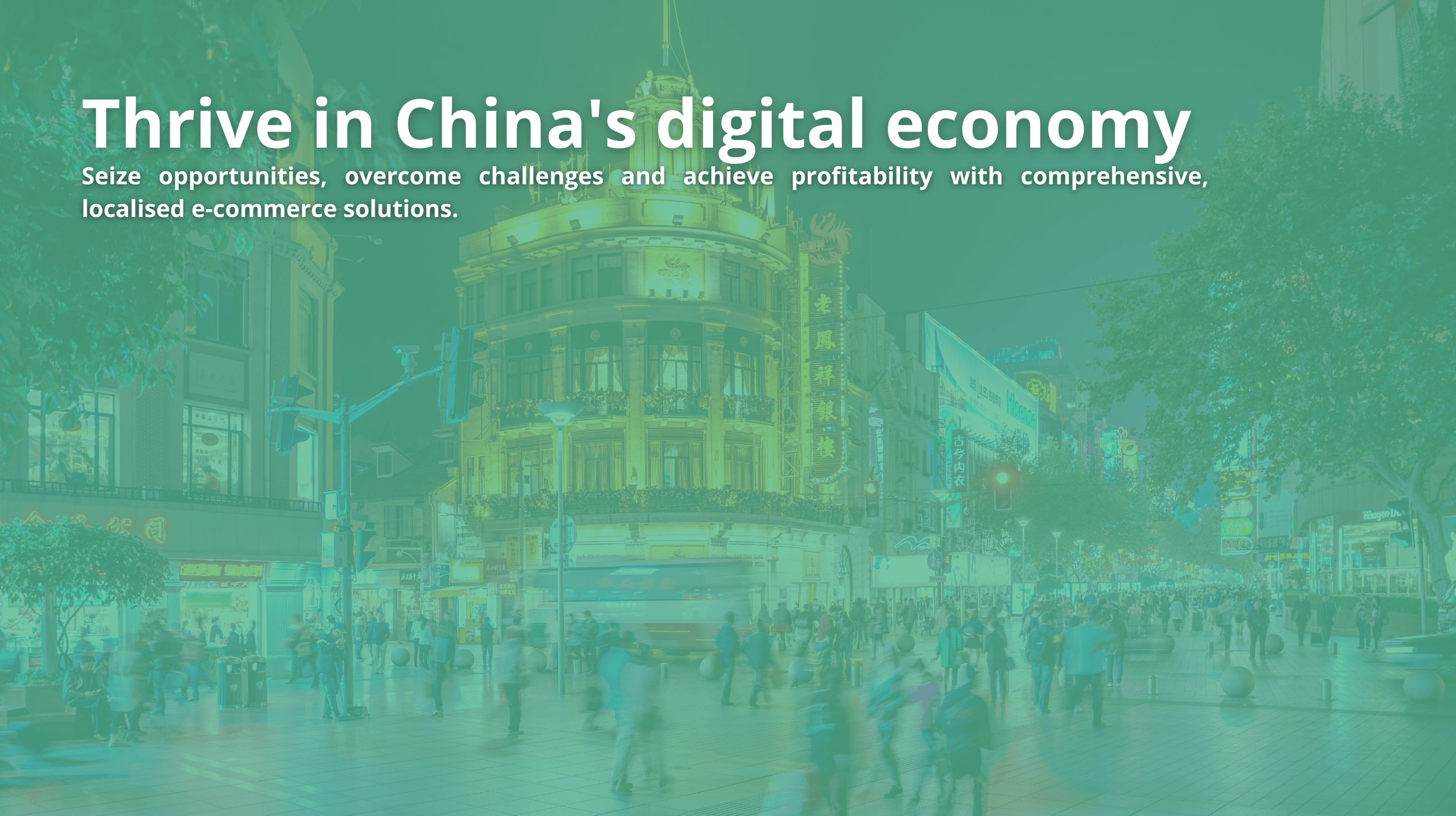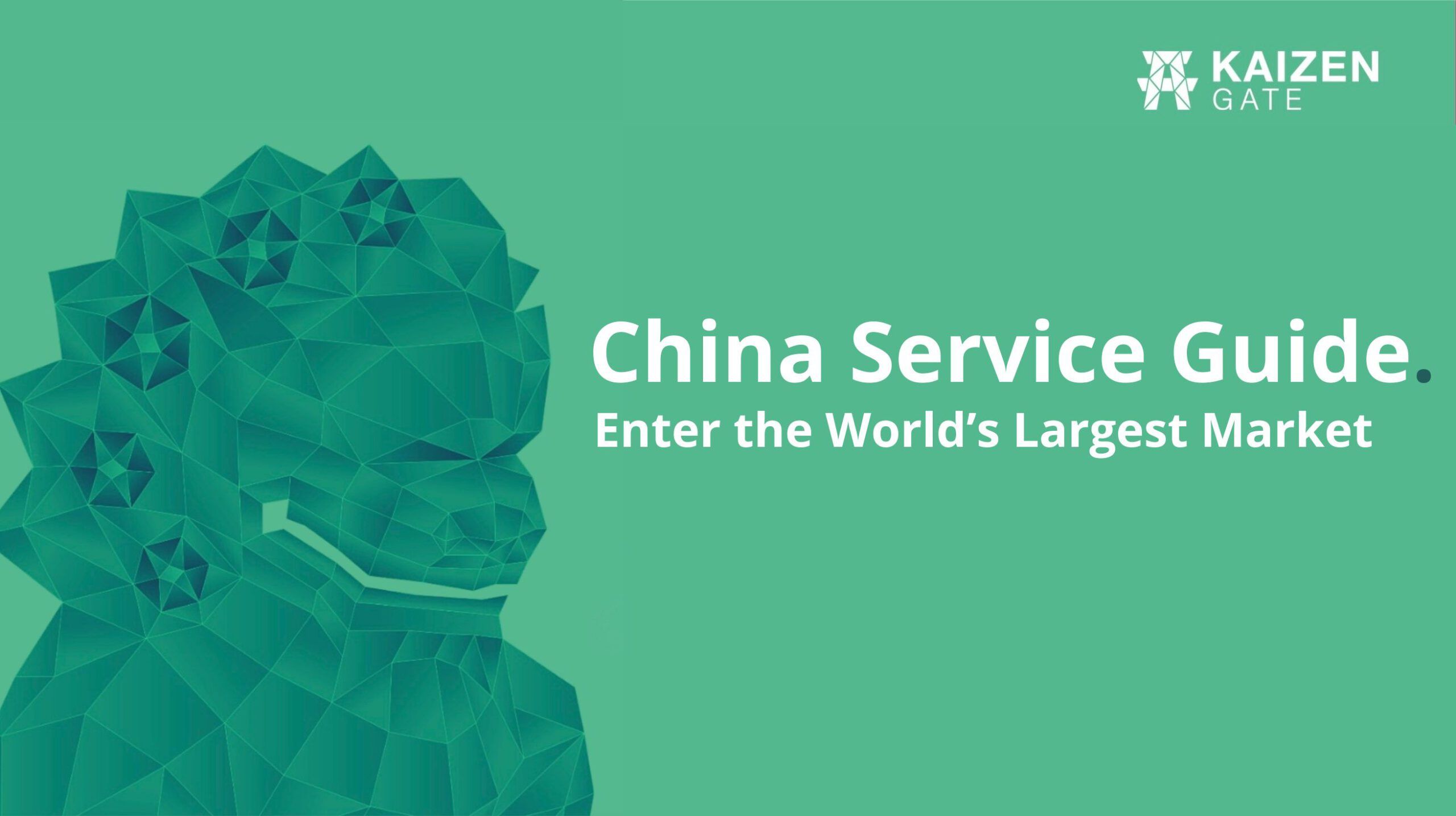China’s e-commerce landscape is vast, complex, and highly competitive. With over a billion internet users and a rapidly evolving digital ecosystem, international brands must navigate the local platforms, cultural preferences, and updated marketing approaches to succeed.
While Tmall is a critical gateway for foreign brands as a sales channel, success on this platform requires more than just setting up a store. It demands an integrated marketing strategy that leverages in-store tools (marketing within Tmall) and out-store tools such as social media, influencer marketing, and livestreaming.
How International Brands Gain Visibility Online
Simply opening a store on Tmall is not a guarantee of traffic: you need a solid marketing strategy to stand out in the crowded marketplace. Here’s how international brands can improve their visibility and brand equity online:
In-store Marketing
Tmall offers various marketing tools, from search ads (similar to Amazon PPC but within Tmall) to banner placements on the Tmall homepage or category pages. Brands can buy keywords so that their products appear at the top in search results on Tmall when users search for relevant terms.
There are also promotion campaigns like “Super Brand Day” or many specific flash sales that Tmall organizes during the Chinese calendar year. Partnering with Tmall on these official promotions is a useful way to spike visibility. Having a Tmall Partner experienced in running these campaigns is invaluable, as they can manage bidding, optimize ad spend, and adapt attractive storefront pages that convert visitors to buyers.
In-store Promotion Events
Alibaba’s ecosystem runs huge shopping festivals: Singles’ Day (11.11, November 11th) which is the world’s largest shopping event, and there’s also 6.18 (mid-year sale), 12.12 (12th of December), Chinese New Year promotions, etc. International brands that prepare special offers or exclusive product bundles for these events often see a surge of exposure. Tmall actively promotes and gives additional resources to brands that are part of these festivals. A good marketing strategy will include close communication with Tmall category buyers to participate in their annual calendar of Chinese e-commerce promotional activations.
Out-store Traffic – Chinese Social Media
Chinese consumers frequently discover brands on social platforms like Xiaohongshu (Chinese Instagram), WeChat (Chinese Facebook), Weibo (Chinese Twitter), Douyin (Chinese TikTok), Bilibili (Chinese YouTube), or through influencers (KOLs).
A classic journey might be:
- A consumer sees a social media post or a live stream by an influencer reviewing a foreign brand’s product in Douyin or Bilibili.
- They like the product, so they go to seek information about the brand in Xiaohongshu and WeChat. If the brand is not present or has weak presence, they discard it.
- If the brand has a strong presence in the above channels, then it will search its presence in Tmall or JD.com to see what consumers say about the product, compare prices and talk with the customer service of the store to solve questions.
- If the three steps above turn to be satisfactory for the consumer, they will consider moving forward with the purchase of the product.
In fact, it’s common that a shopper on Tmall Global first discovered the brand in Douyin, learned about the brand through content on WeChat or Xiaohongshu, which is increasingly replacing traditional internet browser as the main tool to search for information online in China.
Therefore, building a presence on these channels and collaborating with KOLs is crucial to drive awareness and traffic to your Tmall store sales progression.
High-Quality In-Store Content
Both in Tmall and JD.com, your storefront and product pages should be richly designed and localized. Chinese consumers expect lots of visuals, detailed descriptions in Chinese, and even short videos or live-stream demos.
International brands that succeed often invest in localizing their content, not just translating text, but adapting the style to Chinese tastes (for example, highlighting different product benefits that resonate more with local culture).
Good operational teams will constantly update the store with fresh content for each seasonal promotion, ensuring the branding feels premium, localized and active. All these efforts contribute to better user engagement and higher conversion rates, which in turn improve your store’s ranking within Tmall’s algorithm.
In essence, while Tmall is key for international brands because it’s where the customers are, selling on Tmall not only means opening an online store, but requires operating across Chinese social media to attract traffic into the store, inform consumers about the brand, and build credibility.
Understanding the Role of KOLs
Key Opinion Leaders (KOLs), the influencers of China, wield enormous power in shaping consumer opinions. A recommendation from the right KOL can cause a product to sell out overnight. This is partly due to the cultural sensitivity of the Chinese consumer to authority (in a Robert Cialdini’s persuasion theory context), where Chinese consumers are particularly sensitive to high profile opinions, viewing their endorsements as highly credible and persuasive.
However, engaging KOLs requires research (finding those who fit your brand and have genuine influence in your target category), negotiation, and often significant budget. Their effectiveness can range from enthusiast vloggers to live-streaming sales stars (like Li Jiaqi, “the lipstick king”) who can generate millions in sales in a single session.
Utilizing live commerce has become a norm in China’s commerce market, and brands need to consider whether to partner with influencers for live-stream events or produce their own live content to engage fans. A right budgeted which is poorly allocated will surely lead to equally poor sales results.
Short-form video platforms like Douyin and Kuaishou are dominating the Chinese digital landscape. Brands that embrace video content, from product showcases to behind-the-scenes clips, see higher engagement and conversion rates.
The Rise of Private Traffic and Community Building
Beyond public influencer collaborations, brands are increasingly leveraging private traffic strategies to cultivate loyal customers. This involves creating exclusive WeChat groups, VIP customer communities, or running brand-specific Douyin challenges. Private traffic allows brands to nurture relationships with consumers outside of paid advertising, providing long-term engagement and higher customer lifetime value.
Cultural Adaptation of Out-store Content
The content itself needs to resonate with Chinese culture. Directly porting your foreign advertisements usually won’t work. Adapting your branding and messaging, while keeping it consistent with your values, is an art in itself. For example, humor, references, or imagery might need tweaking. Chinese consumers also respond well to brands that show an understanding of local trends and memes, so localization is more than translation; it’s cultural adaptation.
This is where local operational teams and marketing experts are invaluable. A good TP will either have in-house marketing specialists or work closely with local marketing agencies to execute campaigns on your behalf. They can help set up your WeChat official account, manage Weibo posts, seed content on Xiaohongshu, and coordinate influencer collaborations. All these activities funnel traffic and trust to your brand, which ultimately boosts your Tmall store performance.
Conclusion
Marketing in China is a challenge of new platforms, fast-moving trends, and fierce competition for attention. It requires a strategy tailored to China’s digital ecosystem. Success on Tmall depends on an integrated approach that combines platform-specific advertising, strategic influencer collaborations, high-quality localized content, and continuous adaptation to Chinese consumer behavior. For brands looking to establish a long-term presence, working with a Tmall Partner or local marketing agency is often the best route to navigating the complexities of the market and maximizing brand visibility.

Gate Kaizen is the trusted partner of large and mid-cap companies as a provider of market entry services and HR Solutions in the Chinese market. We help your business save the outsantding costs of setting up your local entity by leveraging our own structure and the shortcuts of the digital era to minimize the financial risks of expanding overseas. This way, you can focus your attention on what really matters: your business.



